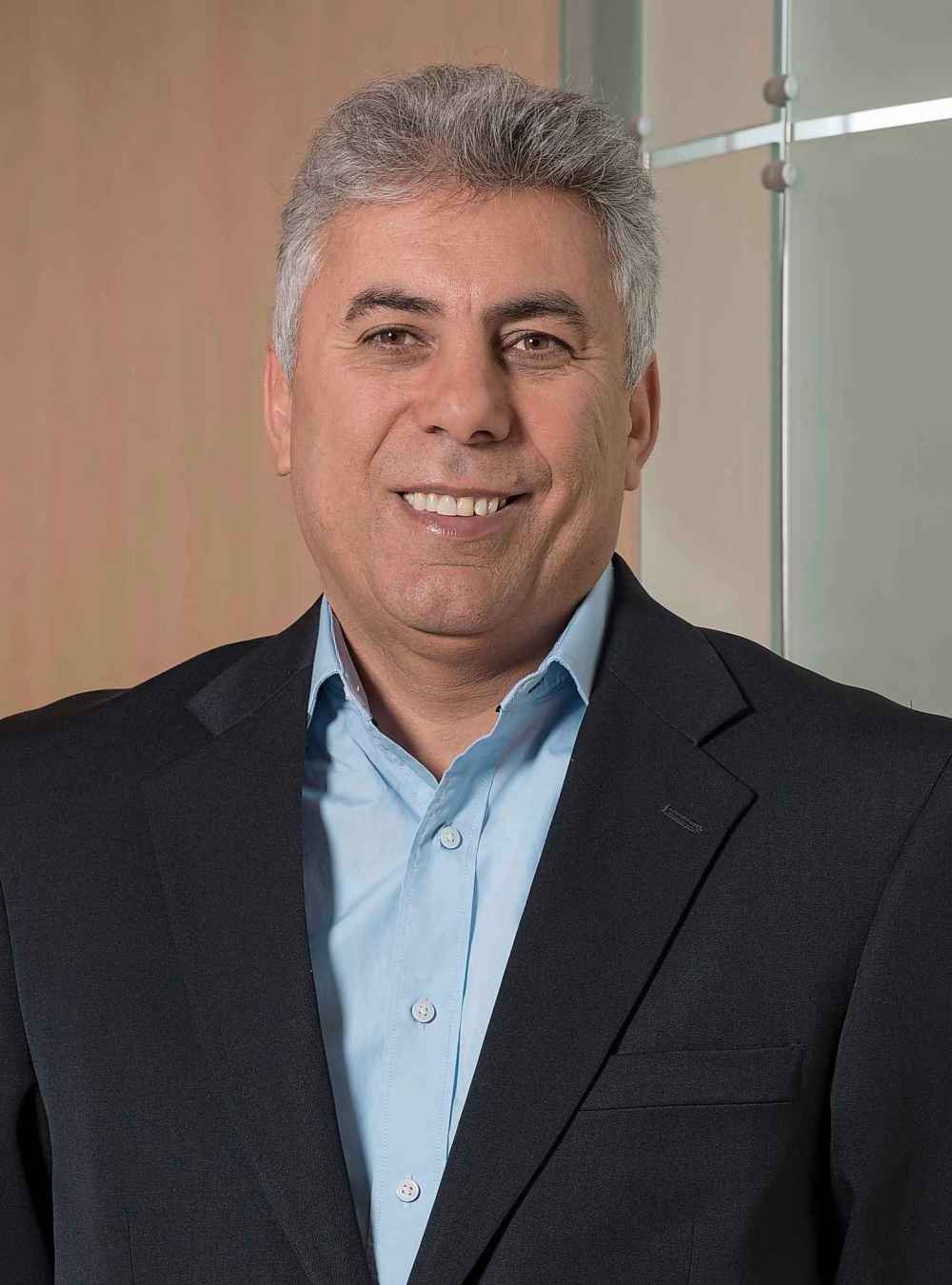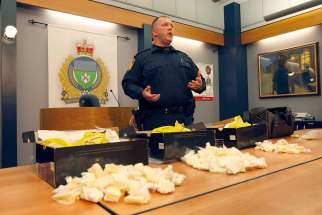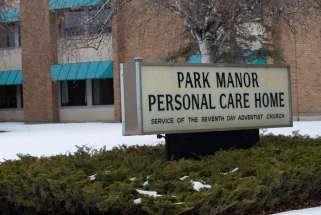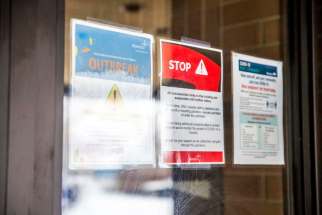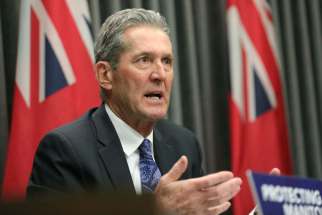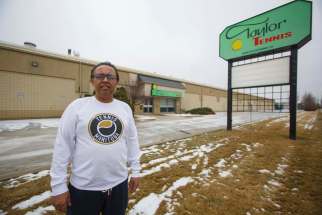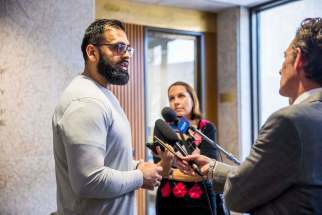Town hall discussed Manitoba pandemic response
Read this article for free:
or
Already have an account? Log in here »
To continue reading, please subscribe:
Monthly Digital Subscription
$0 for the first 4 weeks*
- Enjoy unlimited reading on winnipegfreepress.com
- Read the E-Edition, our digital replica newspaper
- Access News Break, our award-winning app
- Play interactive puzzles
*No charge for 4 weeks then price increases to the regular rate of $19.00 plus GST every four weeks. Offer available to new and qualified returning subscribers only. Cancel any time.
Monthly Digital Subscription
$4.75/week*
- Enjoy unlimited reading on winnipegfreepress.com
- Read the E-Edition, our digital replica newspaper
- Access News Break, our award-winning app
- Play interactive puzzles
*Billed as $19 plus GST every four weeks. Cancel any time.
To continue reading, please subscribe:
Add Free Press access to your Brandon Sun subscription for only an additional
$1 for the first 4 weeks*
*Your next subscription payment will increase by $1.00 and you will be charged $16.99 plus GST for four weeks. After four weeks, your payment will increase to $23.99 plus GST every four weeks.
Read unlimited articles for free today:
or
Already have an account? Log in here »
Hey there, time traveller!
This article was published 10/12/2020 (1826 days ago), so information in it may no longer be current.
Looking at the past, present and future of Manitoba’s response to COVID-19 was the topic of discussion in a virtual town hall Thursday hosted by the Winnipeg Free Press.
Panelists at the “Manitoba’s Pandemic: what went wrong and how do we make things right again?” forum ran the gamut of expertise in fields of health care and pandemic evaluation. The group discussed aspects of the public health crisis, before taking questions from Free Press readers.
“Time will tell how much bigger a public health threat or disease burden this virus is causing than influenza and the other viruses. There’s no question though that the scope and duration of the response is unprecedented,” former Manitoba chief provincial public health officer Dr. Joel Kettner said.
Complacency in the face of the novel coronavirus was a central topic. The first wave was met with a strong, diligent public response, but Manitobans came out of it with “a certain smugness,” according to Andrew Enns, who works with polling firm Leger. The company has regularly polled Manitobans about their feelings on the pandemic since its inception.
“We did let down our guard, and we did become complacent,” he said. “Our tracking and our polling saw a 50 per cent drop in mask usage in Manitobans (from spring to summer).”
The medical research corresponds with public opinion, according to Dr. Ali Mokdad, who has been forecasting Manitoba’s case counts from the University of Washington’s Institute for Health Metrics and Evaluation.
“Winter, unfortunately, is against us… We’re inside, add to that people are tiring of the lockdown and have been in this for a long time. We’re more likely to let down our guard,” Mokdad said.
Indigenous communities were hit later than much of Manitoba, but the effect was disproportionate. Remote northeast Shamattawa First Nation, for example, has been calling for federal support while fighting nearly 300 active COVID-19 cases in a population of little more than 1,000.
“We should have done more, and we should have done more sooner, for urban Indigenous populations,” said Melanie MacKinnon from Ongomiizwin (Indigenous Institute of Health and Healing at the University of Manitoba).
As distribution of COVID-19 vaccines moves closer to becoming a reality in Manitoba, messaging from the province has to be clear, precise and accurate — which hasn’t always been the case, Enns said.
“I’d argue the communications at various points during the pandemic haven’t been as transparent and as crystal clear,” he said. “And they really do need to get the vaccine information right in terms of who’s getting it, how it’s rolling out, the effectiveness.”
MacKinnon said she has confidence the vaccine will reach Indigenous people in a timely manner, but criticized vaccine distributors “pigeonholing” Indigenous communities as solely situated on reserves or in the North.
“Our Indigenous community is this entire province, we live everywhere,” she said. “And so as First Nations that are in urban environments, Pfizer vaccines (the first to be approved in Canada) should be available to us.”
The conversation concluded with some perspective from Winnipeg-born Dr. Frank Rasler, who is currently working in Atlanta. He stressed while Manitoba is clearly facing a “frightening” jump in positive cases, if front-line workers are able to keep COVID-19 at bay, other Manitobans can, too, should they continue to stay the course.
“I would emphasize, everyone: believe in the mask,” he said.
malak.abas@freepress.mb.ca
Twitter: malakabas_
Watch the town hall in its entirety:
wfpyoutube:https://www.youtube.com/watch?v=9l52CWsUGTE:wfpyoutube
Our newsroom depends on a growing audience of readers to power our journalism. If you are not a paid reader, please consider becoming a subscriber.
Our newsroom depends on its audience of readers to power our journalism. Thank you for your support.
History
Updated on Thursday, December 10, 2020 6:43 PM CST: Removes second video
Updated on Thursday, December 10, 2020 8:08 PM CST: Adds full video to bottom of story.
Updated on Thursday, December 10, 2020 8:11 PM CST: Updates headline

